According to the United Nations Food and Agriculture Organization (FAO), over 1.3 billion tonnes of food are wasted each year. As a result, food waste is not only a social issue, but it is also an environmental issue. Food waste must be reduced if we are to avoid experiencing food scarcity in the future. In addition to being beneficial to the environment, eliminating food waste is also beneficial to the wallet.
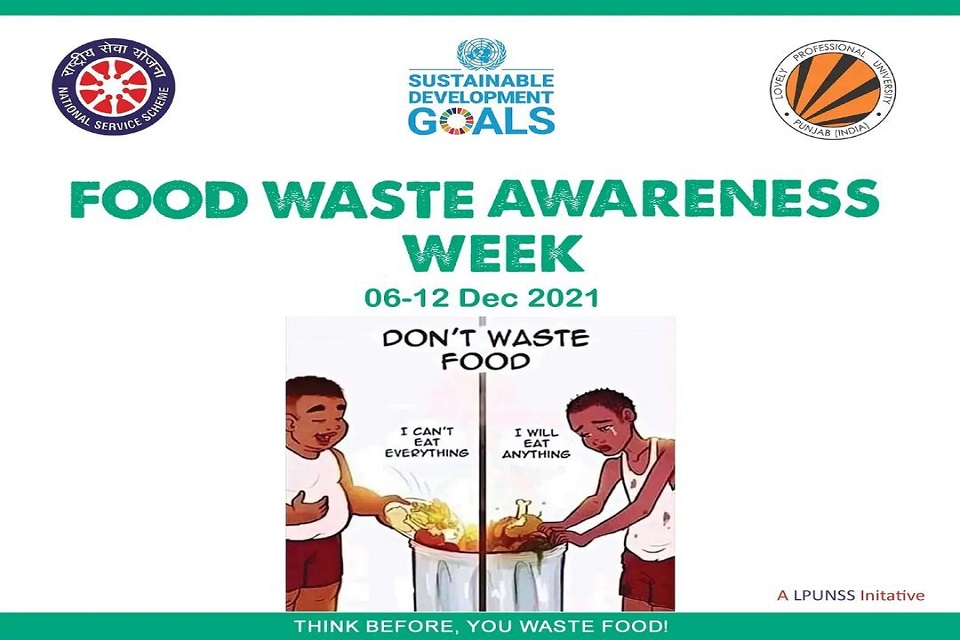
“Hunger is a serious killer”. According to the United Nations Organization, more than 4,000 children die every day as a result of hunger throughout the world. Volunteers from LPU-NSS have taken an active role in educating the students in the Boys’ Hostel mess on the importance of food waste awareness week.
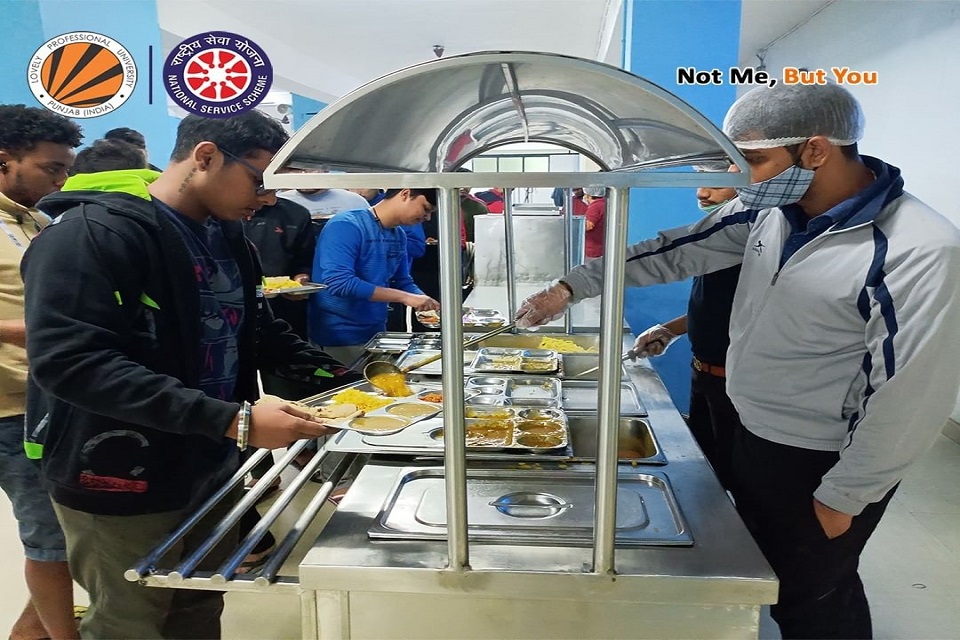
Taking steps to reduce food losses and waste is critical in a world where people suffer from hunger and the number keeps on increasing since 2014, while thousands upon thousands of tonnes of edible food are lost or wasted every day.
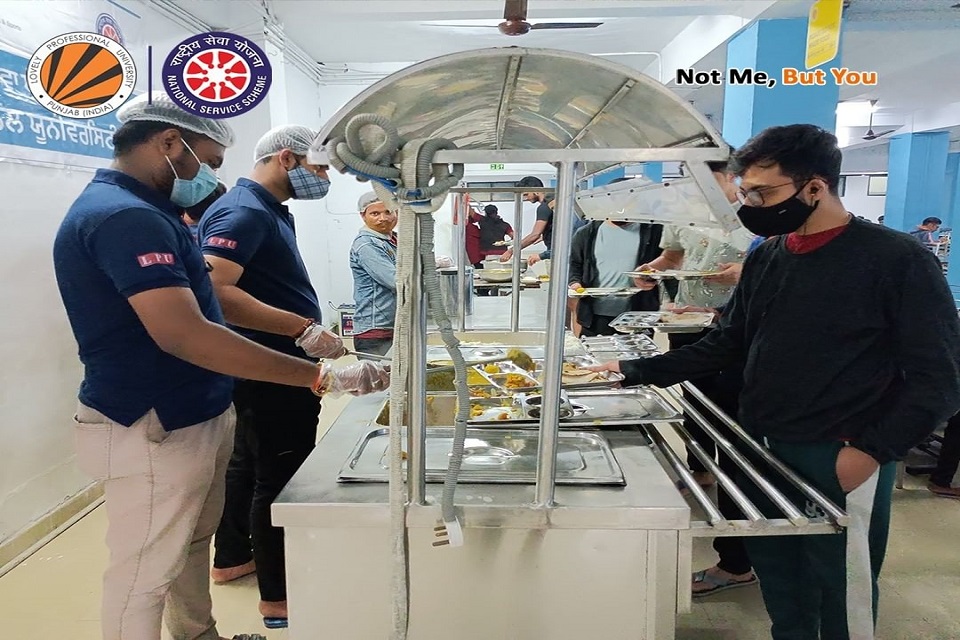
Fortunately, by incorporating a few simple behaviors into your household, you can prevent a significant amount of food waste. As a result, as part of its efforts to raise awareness about food waste, LPU-NSS is providing you with some simple and practical recommendations to help you reduce food waste at home. It just takes a few minor modifications to make a significant difference in the amount of food that is wasted each year. As the saying goes, “Respect for food is respect for life, for who we are, and for what we do.”
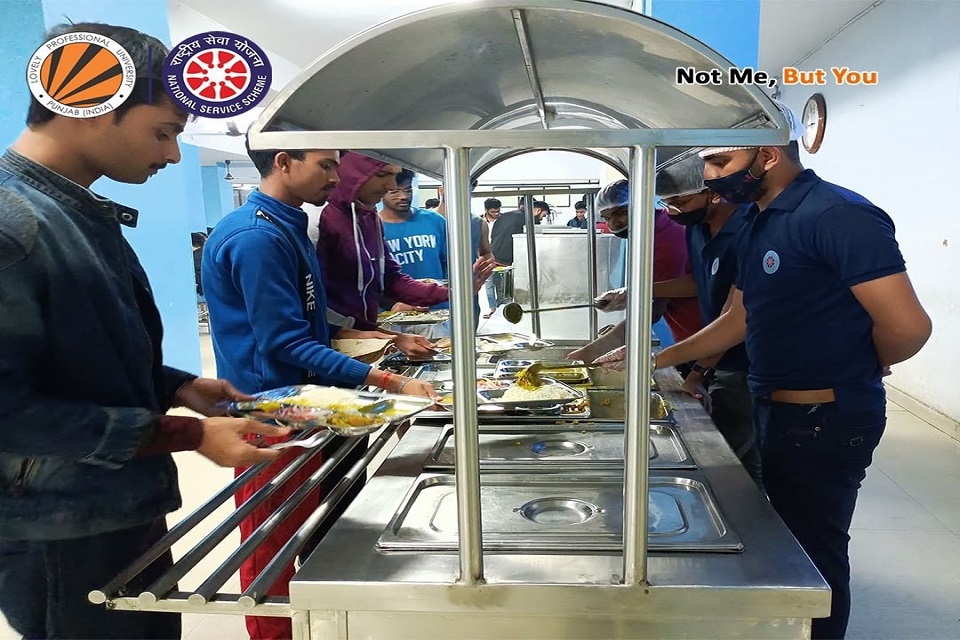
The single most critical measure anyone can take to help minimise the amount of food wasted in our country is to limit their own food waste. Spread the word and share what you’ve learned about food waste. Volunteering is an excellent approach to making a difference in the unique food waste concerns that the community is facing. Hundreds of groups from across the country are actively engaged in redistribution of safe, edible food to those in need across the country. Many of these organisations rely largely on the contributions of volunteers. Consider helping them by giving leftover excess food from your home or by volunteering your time.


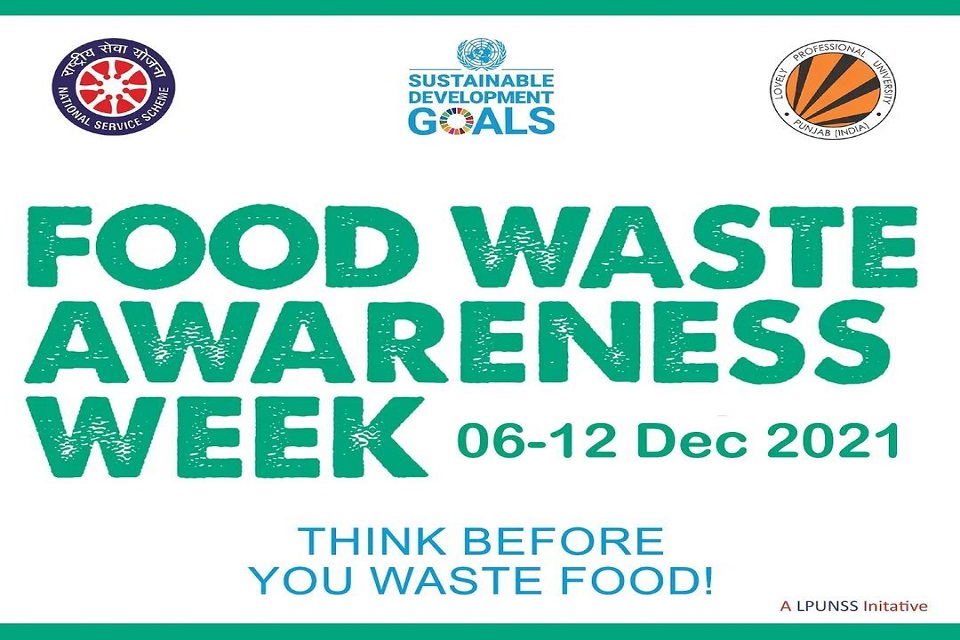
![LPU’s campus came alive with patriotism, pride, and purpose as dignitaries, staff, and students joined hands for the Operation Sindoor Vijay Yatra [Video] lpu operation sindoor vijay yatra](https://happenings.lpu.in/wp-content/uploads/2025/05/lpu-operation-sindoor-vijay-yatra-218x150.jpg)














